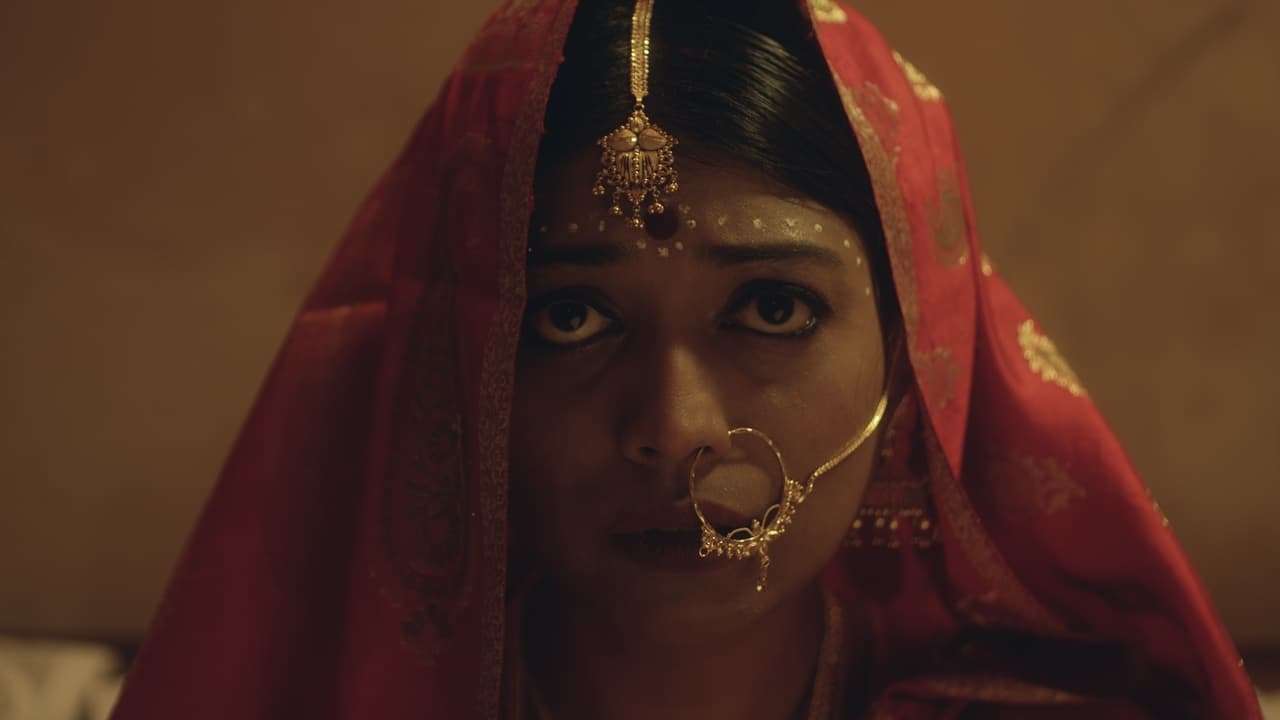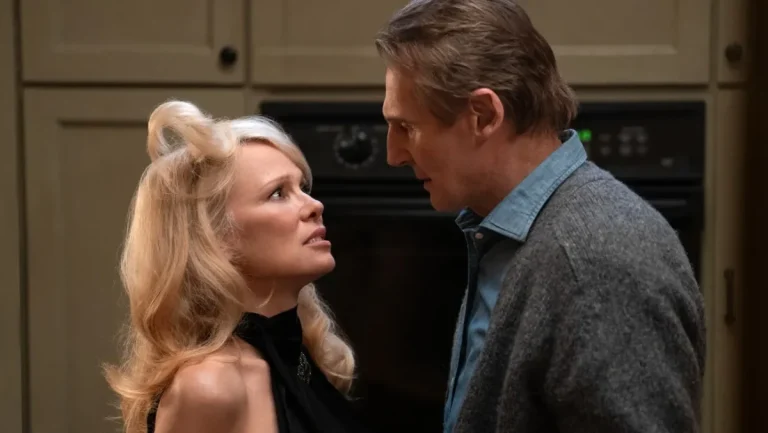Leesa Gazi’s “A House Named Shahana” (“Barir Naam Shahana”) opens on the day the protagonist gets independence. After a long wait, Dipa’s (Aanon Siddiqua) divorce finally takes effect. In the thrill of freedom, she forgets the divorce papers themselves in the rickshaw on the way home. Dipa can barely contain her ecstasy. Why should she? On the wedding night, she mourned the ‘life sentence and rigorous labor’ that awaited her, along with the improbability of any appeal against it. When the fog of successfully severing her marriage ultimately parts, it may have been the biggest source of happiness and relief for her.
Shuttling back in time by eight years, the film depicts the haste with which Dipa’s marriage got fixed. Her opinion is not even taken into account, as she had once run away at seventeen. That act, which had brought undesirable scrutiny and gossip and a stain on the family’s reputation, strips Dipa of all rights to exert her own individual choice. The groom, whose first wife died recently, wishes to remarry quickly so that he can have his own kids.
That he lives in England and cannot return to Bangladesh for his own wedding allows for the ceremony to be accentuated in all its absurdity. He stays connected over a phone call as the wedding formality is completed. It doesn’t even take Dipa to utter the marital vow herself. The men around her quickly insist that they did hear her mutter it. Though the aunt tellingly remarks that even a mild shake of the head by a woman gets accepted as her agreement to the vow, she lets the matter slide by. The desperation of the uncle and aunt to get rid of Dipa, a burden and a duty for them to look after, is unmistakable.
Once Dipa is abroad with her husband, the nightmare of reality hits quickly. He is overbearing, dictating how she should dress and whom she can talk to and immediately defining the boundaries of her existence. She can bear the impossible toll of her stifled, over-controlled state for barely a year before she cuts it all off and flees back to Bangladesh. Slowly, she gathers her life back into shape, forges a career in medicine, and steps into a sense of autonomy.
It may miff some viewers that the flashback to Dipa’s marital circumstances isn’t very elaborately expanded on. However, Gazi makes a critical decision to focus entirely on Dipa’s life after the marriage break-up, even if she skips a few years in between. She emphasizes the film isn’t so much about enduring misery as it is about moving out of it with gradual measures of well-earned personal victory and liberation.

Gazi’s richly empowering gaze is consistently envelope-pushing in terms of how the ‘divorcee’ woman is supposed to be treated and projected. In any South Asian society, not just Bangladesh, such a figure is almost immediately relegated to an object of scorn, pity, and aggravated suspicion. No second chances are offered to the woman or support extended with the help of which she may try rebuilding her life. Even if a shred of non-judgemental, empathetic understanding reaches out to her, the shot of strength and positive affirmation would be enormous. But it is a scarcity.
It’s an uphill battle for Dipa and women in her circumstance to break out of the shell of taboo and prejudice. The family’s prestige and honor are bandied about as those that have been destroyed in one fell swoop with Dipa’s decision to end her marriage. The fact that it was a prison for her holds no water for her maternal uncle and aunt, who are used to having the upper hand in determining the situation and choices of Dipa. Her parents are pretty much beholden to them. After Dipa’s mother, Shahana’s death, her uncle had taken charge and financially supported them, thereby binding them to his will.
“A House Named Shahana” rides on the beguiling, charismatic, and spectacularly dignified performance of Aanon Siddiqua, who has also co-written the screenplay. Perhaps this is why you feel an unusually thrilling degree of consonance between the actress and the trajectory she’s mapping. In Siddiqua’s delightfully captivating and deeply moving performance, it is incredible to witness Dipa go from a tentative, mild-mannered young girl to a fiercely self-possessed woman who no longer minces her words and speaks her mind freely.
Siddiqua brings both steeliness and a sense of lightness to the role; Dipa is sure-minded and also wonderfully open. Her camaraderie with the sprightly house help, Julekha, is joyous. Gazi does not fail to acknowledge the deep dependence she has on Julekha as well as the strength she derives from her so that she can then pursue her dreams and a path that may not be welcomed by all. A forthright, layered portrait of female agency and resolve, “A House Named Shahana” stays alive to the complex, pragmatic, and endlessly courageous zeal of its heroine. Unapologetic, assertive, and unafraid to chart her own destiny, Siddiqua’s turn is indelibly and extraordinarily inspiring.



![Ascension [2021]: ‘Tribeca’ Review – An impressionistic look at the tendrils of Capitalism in all levels of social operation in China](https://79468c92.delivery.rocketcdn.me/wp-content/uploads/2021/06/Ascension-Tribeca-highonfilms-1-768x432.png)




![Brotherhood [2021] ‘Locarno’ Review – An Impressive Coming of Age Documentary](https://79468c92.delivery.rocketcdn.me/wp-content/uploads/2021/08/Brotherhood-2021-768x431.jpg)